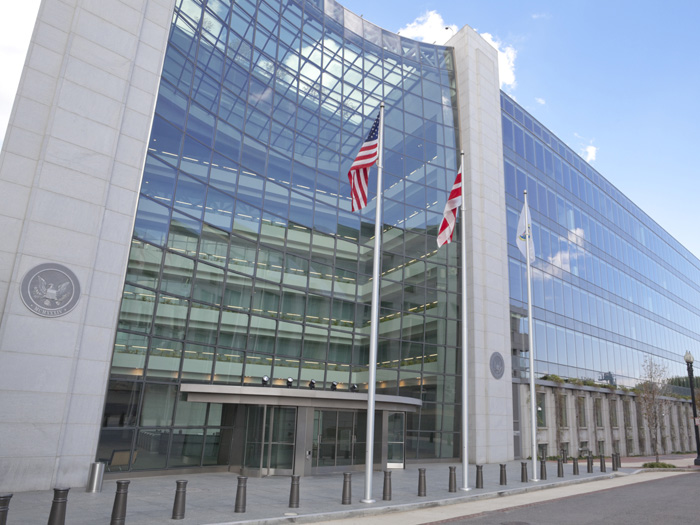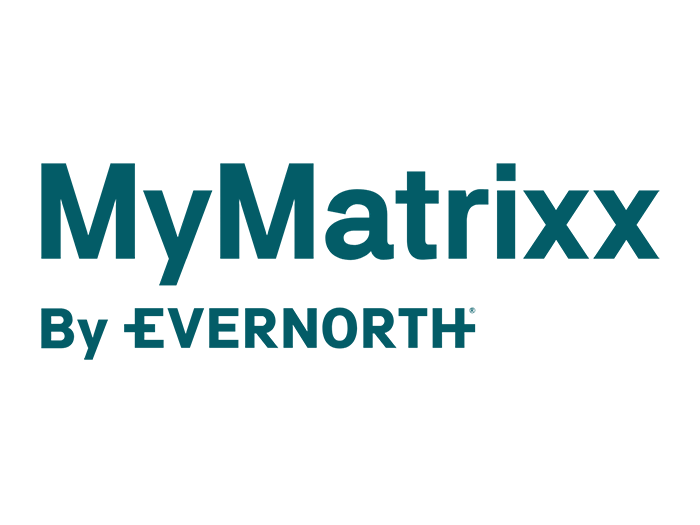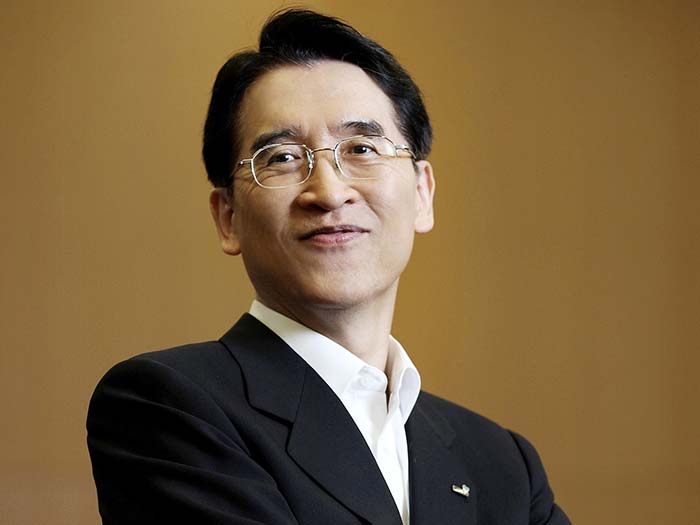SEC Investigations
SEC Policy Could Impact D&O Policies

It wasn’t quite the shot heard ’round the world, but the Securities and Exchange Commission’s recent announcement that it’s going to start requiring admissions of wrongdoing before agreeing to settlements certainly got insurers’ attention. However, the big question seems to be whether or not the agency’s bite is as big as its bark.

JPMorgan’s CEO Jamie Dimon. The SEC’s conditions in some recent settlements, including one with JPMorgan, could have far-reaching D&O implications.
“Obviously, Harbinger and JPMorgan are the big cases at the moment,” said Will Fahey, senior vice president of Management Solutions at Zurich. “Those were somewhat extreme situations that are not typical enforcement actions. It remains to be seen if the SEC is going to be looking to implement this new policy requiring admissions of guilt more broadly or if they are just going to do it in isolated circumstances.”
If the policy truly becomes the SEC’s new mode of operation, it could have a big impact on D&O policies.
“If an individual admits guilt, then clearly there would be no coverage for that individual,” Fahey said. “Where there’s an admission of wrongdoing by a corporate entity itself, it’s not at all clear whether that invokes the fraud exclusion. It may. But that’s by no means settled.
“It’s a wait-and-see game to see how the SEC proceeds. Depending how that goes, we might see insurance carriers potentially address that coverage uncertainty.”
Steve Boughal, vice president and chief underwriting officer at Hartford Financial Products pointed out the potential for a sharp rise in costs for insureds due to the possibility of extended investigations and prolonged litigation.
“Seeking admissions of wrongdoing has the potential to decrease cooperation between the SEC and the target of the investigation,” he said. “Admission language will be heavily negotiated between the SEC and the target, which may increase legal costs associated with finalizing a settlement.”
Samuel Rosenthal, a partner at law firm Patton Boggs and chair of the firm’s Government Investigations and White Collar Litigation practice group, said that admissions of wrongdoing may hit some directors and officers hard.
“In D&O policies, there’s often a regulatory exclusion so it may mean that the policy itself will disclaim any liability for a regulatory action.
“But that’s policy by policy,” he said. “However, there are also exclusions for fraud and criminal conduct. Most policies — virtually all — won’t let somebody insure against fraud or criminal conduct. If you’ve admitted to engaging in fraud or criminal conduct, yes, you’re probably going to vitiate your D&O coverage.”
That doesn’t mean that insurers’ costs won’t skyrocket in the meantime. “You can insure if there has been no final determination,” Rosenthal said. “If somebody has been charged with fraud, there’s still coverage until there’s a final adjudication.”
While the impact of this directive continues to play out, Boughal cautioned both carriers and insureds to pay close attention to the finer points of policy language.
“It’s important for policyholders to understand the language of their policies and know whether it covers activity related to SEC investigations. Fines and penalties may be excluded from an insurance policy’s definition of loss.
“Directors and officers should review the type and amount of insurance they’ve purchased,” he said. “They might want to consider E&O insurance as a complement to D&O. This is especially important for companies in the financial institutions industry or companies that provide services that expose them to securities regulations, such as accounting or law firms.”
From the insurers’ perspective, Rosenthal said the SEC’s potential requirement is an opportunity to refine coverage exclusions.
“The carrier looks at this policy as a good thing. They may want to broaden their regulatory exclusions and their exclusions for fraud. I would think that the carriers always have an interest in broadening the exclusions; they always have in interest in making sure there are limits to coverage. The insured by contrast, has the opposite interest in making sure that the exclusions are as limited as possible.”










